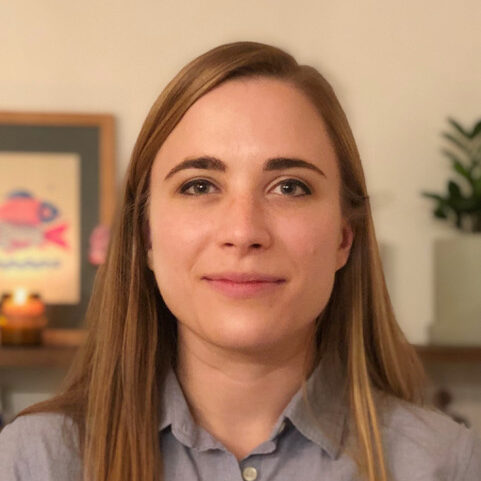The Los Angeles Press Club is proud to announce three winners of our first-ever grant for reporting on systemic racism.
Anita W. Harris and Dena Montague are both getting $2,500 each, and Taylor Walker is awarded $2,000.

Anita W. Harris
Anita W. Harris is a writer living in Long Beach, California. She is also an educator and editor. She covers local news and theater for the Signal Tribune newspaper.
Project Summary: Her project for this Los Angeles Press Club grant focuses on how the City of Signal Hill, California, is working to address systemic racism in its governing and policing, especially through a recent resolution promoting equality and creating a new diversity-coalition commission.
Her written project will follow the discussions and actions of the commission against the historical background of Signal Hill’s colorful and sometimes racist past. The small 2.2-square-mile city surrounded by the City of Long Beach serves as a micro-example of how municipal change can happen in the wake of the Black Lives Matter (BLM) movement.
As BLM protesting tapers off, we as a nation are left with fledgling promises and nascent calls for systemic change that may or may not take firm root or have a real effect. This project is a case study in BLM's immediate legacy.

Dena Montague
Dena Montague is a research associate at UC Santa Barbara with the Global Environmental Justice Project. She directs an innovative project exploring environmental justice and COVID-19 in Santa Barbara County, combining investigative journalism, data justice and scholarly research.
Project Summary: The prison system in the U.S. has become a symbol of institutional racism. The Federal Bureau of Prisons (BOP) holds approximately 14% of all prisoners in the U.S. The vast majority of these inmates are incarcerated due to non-violent drug convictions. Nearly 40% of BOP inmates are Black and 30% are Latinx. Fewer than 5% of federal inmates have been convicted of a violent offense. But the COVID-19 crisis turned non-violent convictions into death sentences. And during the outbreak, Lompoc prison, a federal prison holding approximately 3,000 inmates located in a rural city along the coast in Santa Barbara County, became the epicenter of a horrific wave of COVID-19 cases.
Despite these alarming facts, this story would have gone relatively unnoticed if not for the grassroots organizing of the wives of inmates. They are founding members of The Lompoc Prison Task Force, a coalition of community activists and elected officials in Santa Barbara County, and Love Your Inmate, an advocacy organization that in the span of one year has grown its membership from a few families to over 1,000.
Ultimately these women are working toward creating mechanisms for effective oversight of the BOP, as well as policy reform, particularly concerning unfair sentencing and restorative justice.

Taylor Walker
Taylor Walker is a Los Angeles-based journalist writing for the non-profit news site WitnessLA and other publications, including Imprint News and the Juvenile Justice Information Exchange. Walker specializes in justice issues such as law enforcement reform, alternatives to incarceration, the way juvenile justice and criminal justice systems affect the health and well-being of individuals, families and communities and how those systems are being reimagined. She also curates the California Justice Report, WitnessLA's newsletter of criminal justice-related stories and views from Southern California and beyond.
Project Summary: Forty years of dramatic increases in the number of women incarcerated in the United States has served to funnel children into the child welfare system, and since the late 1990s, has increasingly led to the termination of parental rights.
This problem, rooted in racism and born of past decades’ tough-on-crime laws and the Adoption and Safe Families Act (ASFA) of 1997, can separate mothers — even those with relatively short sentences — from their kids forever. The path to reunification, even before parental rights are terminated, is extremely difficult for parents reentering their communities.
Through a four-part series, this project will dig into the issue, tell the stories of some of the families impacted by separation and explore the work of one unique program that advocates for and helps to reunite mothers and their kids.



